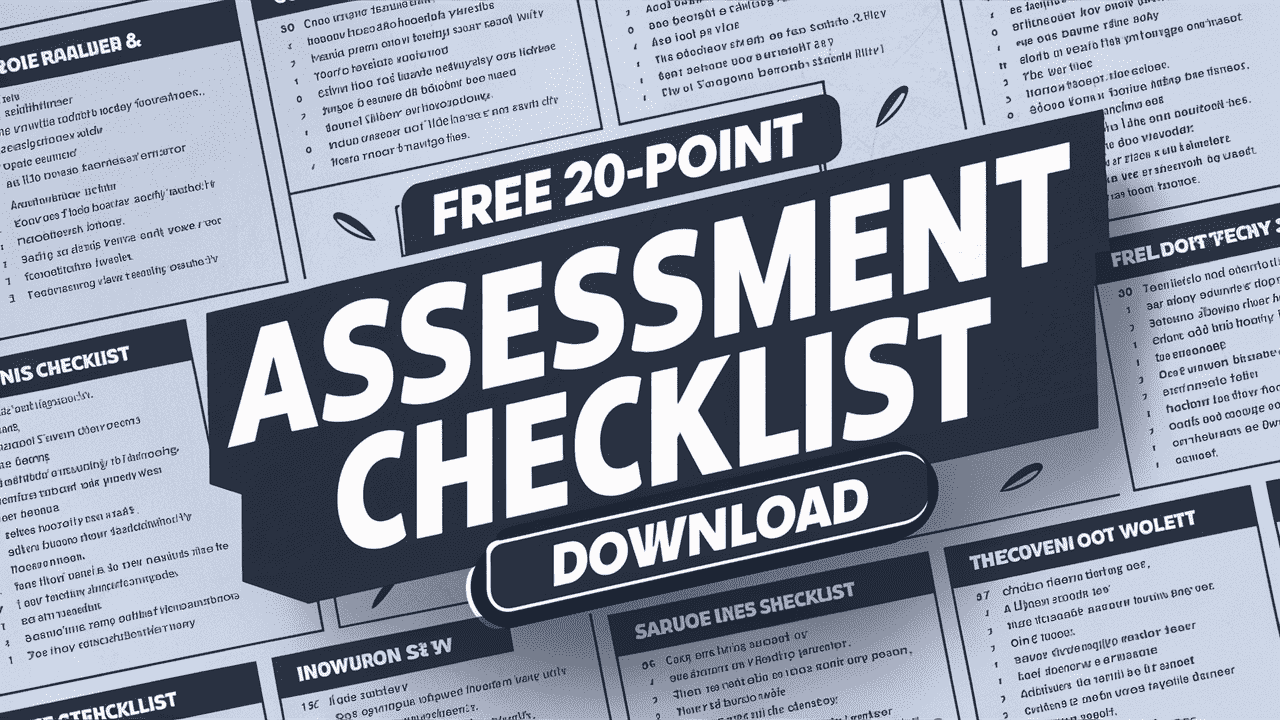In the realm of government contracting, goal setting is not just a strategic advantage—it's a necessity. Whether you're navigating federal procurement or bidding on local city contracts, establishing clear, achievable goals is crucial for success. This article explores why goal setting is so vital in government contracting and the broader business landscape, covering regulations, reliability, and the potential pitfalls of failing to meet commitments.
Does your client base primarily consist of companies in the private sector? Are you considering expanding your reach into the public sector with a focus on securing government contracts?
Working with the government can be a rewarding opportunity. If you invest the time to learn the "ins & outs" of what it takes to be successful, it will be worth it. Many articles highlight the benefits of bidding on government contracts and may make it look easy. However, only after being fully prepared will the process become less confusing, allowing you to operate with a more straightforward approach.
Are you currently working with the government or considering joining the ranks of successful businesses that do? In both scenarios, you're likely curious about how much the agencies spend and how much of that "spending pie" is allocated to your area of service. After all, if there isn’t enough funding for contractors in your category, it’s best not to waste time pursuing those contracts.
Many leaders talk about connections and their positive impact on our business, especially if they're the "right" connections. Yes, that's true, but did you know when it comes to developing relationships with government agencies, it's not just about entering information into your database and throwing out a name when you feel it will help your cause?
The Cybersecurity Maturity Model Certification (CMMC) was built to safeguard sensitive unclassified information across the Defense Industrial Base (DIB) by addressing the gaps in prior regulatory requirements.
The new version (CMMC 2.0) focuses on the most advanced cybersecurity standards while minimizing barriers to compliance. Now is the time to start your company’s assessment. As we get closer to implementation it will be more difficult to get the assistance you need.
"Follow the money" is a catchphrase popularized by the 1976 docudrama film All the President's Men, suggesting that political corruption can be exposed by tracing financial transactions. While this term gained prominence in the 1970s, the underlying principle has been around for centuries. The Latin phrase Cui bono?, meaning "to whom is it a benefit?", encapsulates the idea of understanding who gains from financial actions.
Navigating the government contracting landscape can be complex, but understanding the steps to find opportunities at federal, state, and local levels can significantly benefit your small business. This guide provides a detailed, step-by-step approach to discovering and securing government contracts, ensuring you can effectively pursue and capitalize on available opportunities.
On December 27, 2021, President Biden signed the FY22 National Defense Authorization Act (NDAA) into law, authorizing nearly $800 billion in defense spending.
The national defense total in the 2022 omnibus spending bill is $782 billion, reflecting a 3.9 percent increase over the administration’s request for 2022 and a 5.6 percent increase over the 2021 appropriations. This total includes $13.6 billion for emergency military and humanitarian aid for Ukraine as Russia’s conflict with the country continues.
Securing government contracts can be a game-changer for your business, opening doors to substantial federal procurement opportunities. However, tapping into this market requires a strategic approach and a thorough understanding of government acquisition processes. Here's why becoming government contract ready is crucial and how it can benefit your business.
Use our checklist download to quickly assess your business to be contract ready.
70% increase in eligible industries will expand contract opportunities for certified women owned businesses.
As we wrap up National Women’s Month, let’s review the program designed to level the playing field for women business owners. The government limits competition for certain contracts to businesses that participate in the Women-Owned Small Business (WOSB) Federal Contracting program. This program facilitates contracts for specific industries where WOSBs are underrepresented. Some contracts are restricted further to economically disadvantaged women-owned small businesses (EDWOSBs).
Join the GCA Family
Only 22% of federal contracting dollars are awarded to small businesses. Our goal is to be an agent of change by helping businesses owned by women, minorities, and veterans to get their fair share of the opportunities in the government market.











